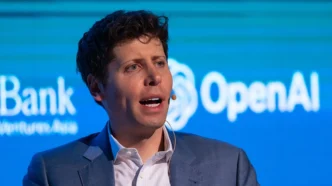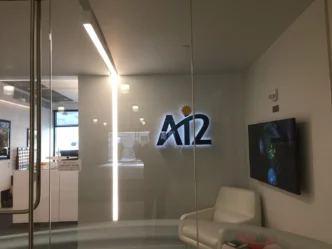In the ongoing battle between two powerful AI coding tools — Anthropic’s Claude Code and OpenAI’s Codex CLI — OpenAI appears to be winning over developers. A key reason? Anthropic’s controversial takedown notices against a developer attempting to reverse-engineer Claude Code, which comes with a stricter license compared to Codex CLI’s open approach.
Both tools aim to help developers by providing cloud-based AI coding assistance. Launched just months apart, Claude Code and Codex CLI reflect Anthropic’s and OpenAI’s push to capture critical developer mindshare.
However, their licensing strategies are very different. Codex CLI’s source code is released under the Apache 2.0 license, allowing for wide distribution and commercial use. Claude Code, on the other hand, is governed by Anthropic’s more restrictive commercial license, limiting modification and redistribution without direct approval.
Adding to the tension, Anthropic chose to obfuscate Claude Code’s source, making it hard to access or understand. When a developer successfully de-obfuscated and shared the code on GitHub, Anthropic quickly filed a DMCA takedown request, prompting backlash from the developer community.
Many developers on social media criticized Anthropic’s move, especially when compared to OpenAI’s more open and collaborative rollout. Since Codex CLI’s launch, OpenAI has accepted dozens of developer suggestions into the project — including features that allow it to connect to AI models from other providers, even Anthropic.
Anthropic has not commented publicly on the issue. To be fair, Claude Code is still in beta and facing some stability challenges. Anthropic could choose to release its source code under a more permissive license later, though concerns over security and intellectual property might explain their current strategy.
For OpenAI, this represents an unexpected PR victory. The company, which has recently moved away from open-source practices in favor of closed systems, appears to be shifting its stance. OpenAI CEO Sam Altman acknowledged earlier this year that the company had been on the “wrong side of history” regarding open-source ideals.
This open approach to Codex CLI could signal a broader, more developer-friendly pivot — and one that might shape the future of AI-powered development tools.













